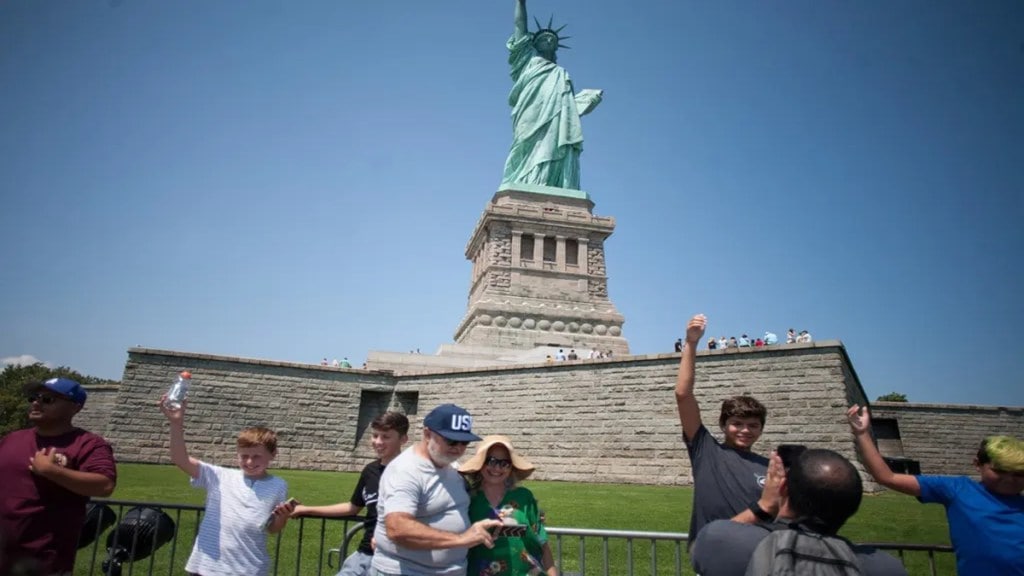International students need an F-1 study visa to attend US universities. However, visa denials are increasing due to perceived security risks, information suppression, and fraudulent practices by applicants. To avoid being denied, it’s crucial to understand the visa interview process and avoid submitting false information.
The most important part of getting the F-1 visa is the interview process. During the visa interview, the consular officer at the U.S Embassy or Consulate determines if the applicant is qualified for the visa and has the intention of returning to their home country after studies.
The recent crackdown by the Trump administration on the international students’ community has made the interview process more challenging.
In the current scenario, visas are mostly rejected due to perceived security threats to America, suppression of information, or fraudulent methods used by applicants.
The US Embassy in India has repeatedly issued an urgent message to Indian students applying for study visas in the US, urging them to adjust their social media privacy settings to public to facilitate vetting and establish identity and admissibility under US law.
Recent instances have shown that applicants who have not disclosed or made their anonymous social media accounts public have been denied visas.
U.S. immigration laws grant consular officers at U.S. Embassies and Consulates the sole authority to approve or deny visa applications. After relevant information is reviewed, the application is approved or denied, based on standards established in U.S. law.
Visa Denial Reasons
An application may be denied because the consular officer does not have all of the information required to determine if the applicant is eligible to receive a visa. Visa applicants must be eligible under U.S. laws for their visa category.
So, a visa can be denied if the applicant does not qualify for the visa category for which he or she applied.
Also, a visa can be denied if the information reviewed indicates the applicant falls within the scope of one of the inadmissibility or ineligibility grounds of the law.
If a consular officer finds you are not eligible to receive a visa under U.S. law, your visa application will be denied (refused), and you will be provided a reason for the denial.
There are many reasons a visa applicant could be found ineligible for a visa. Some ineligibilities can be overcome, either by you, the visa applicant, or the U.S. petitioner, in certain immigrant visa cases.
Other ineligibilities are permanent. This means that every time you apply for a visa, you will be found ineligible under the same section of law, unless a waiver of that ineligibility is authorized by the Department of Homeland Security.
Visa Denials under Section 221(g) and Section 214(b)
If denied a visa, in most cases, the applicant is notified of the section of law that applies. The two most important sections are – section 221(g) and section 214(b).
If the applicant has not fully completed the visa application or has not provided all required supporting documentation, the visa can be denied under section 221(g).
The next most important reason for denial is section 214(b). If the applicant is not meeting the eligibility conditions for the visa category being applied for or was not able to overcome the ‘presumption of being an intending immigrant’, the visa could be denied.
This ‘presumption of being an intending immigrant’ is important because the consular officer needs to be convinced that you intend to return from the U.S. after a temporary stay or when your studies are completed. For that, you must demonstrate strong ties to your home country, including property ownership, employment, and close family relationships.
If officials discover that you are heading to the United States to study and want to stay there permanently or have no intention to come back soon, your visa may be rejected.
